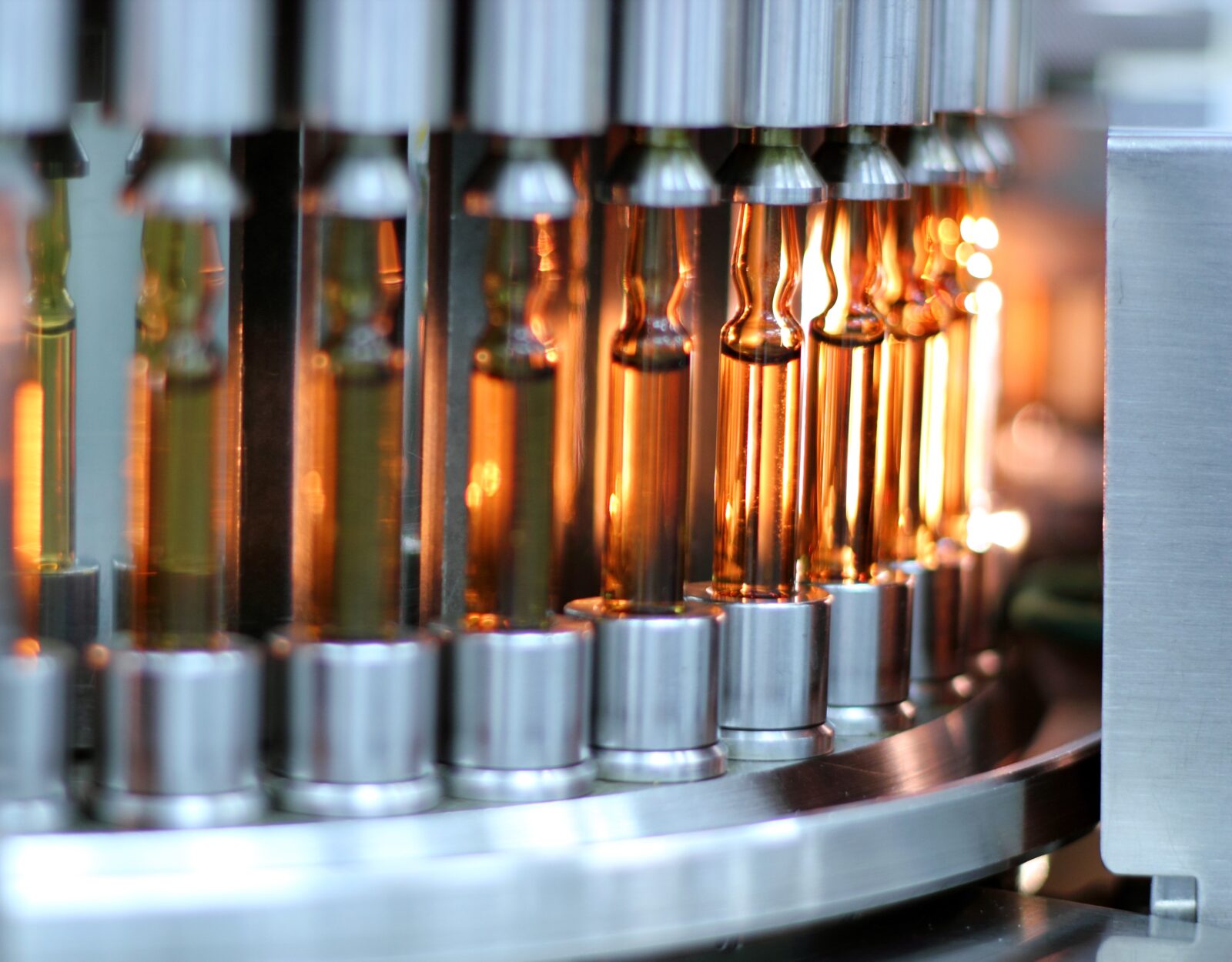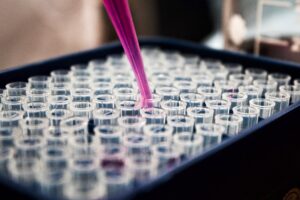Patients today are receiving personalized treatment regimens that include a wide variety of medications ranging from standard-of-care antibiotics to advanced therapies such as monoclonal antibodies. Increasing demand for therapeutic proteins has pushed the biologics manufacturing industry to develop methods to improve product titers and streamline downstream purification.
In a recent article in the journal mAbs, Nripen Singh and colleagues at Bristol-Myers Squibb and 3M describe one of the newest developments in filter technology. In the article, Singh et al. report the usage of charged adsorptive hybrid filters (AHFs, EmphazeTM AEX and ST-AEX) to improve impurity removal for three different monoclonal antibodies and an Fc fusion protein. They evaluated the capacity of AHFs to remove bovine serum albumin, host cell proteins, DNA and high molecular weight aggregates. They conclude that ionic AHF significantly outperformed traditional adsorptive depth filters, and that implementing AHF demonstrated improved process-related impurity removal and viral clearance after Protein A chromatography and enabled a two-step purification process. Wider use of AHFs in downstream processes may soon allow these processes to be restructured and simplified.
At Chamow & Associates we monitor new process technology to ensure that up-to-date methods are being used for our clients’ projects at CMOs.
“Development of adsorptive hybrid filters to enable two-step purification of biologics.” MAbs. 2017 Feb/Mar;9(2):350-363. doi: 10.1080/19420862.2016.1267091. Nripen Singh, Abhiram Arunkumar, Michael Peck, Alexei M. Voloshin, Angela M. Moreno, Zhijun Tan, Jonathan Hester, Michael C. Borys, and Zheng Jian Li





